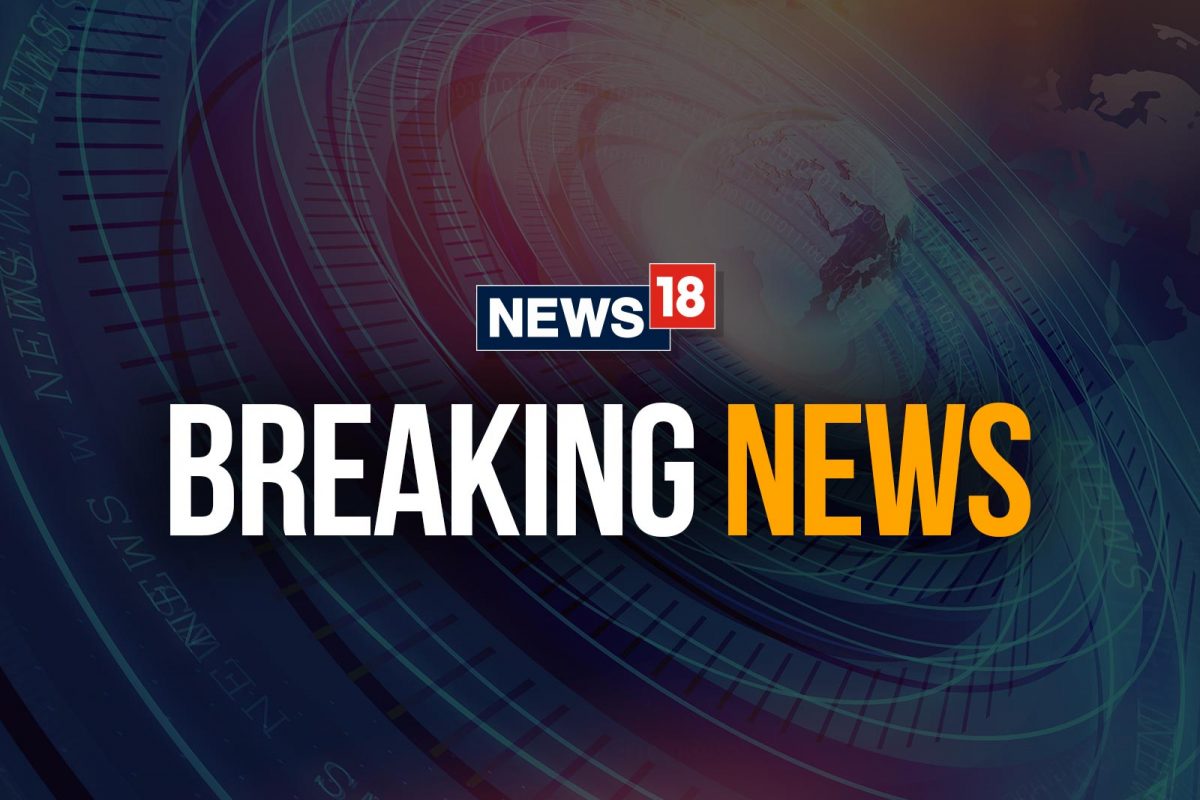

In the wake of the devastating terror attack in Pahalgam on April 22nd, where 26 innocent lives were lost, India retaliated with a swift and decisive strike, targeting terror camps deep inside Pakistan. This operation, reportedly lasting approximately 22 minutes, has been described as a powerful response to cross-border terrorism, signaling a shift in India's approach under Prime Minister Narendra Modi's leadership.
The operation, named "Operation Sindoor," was launched in response to the Pahalgam attack, where Pakistan-backed attackers targeted villagers, exposing a shift towards inciting communal violence within India. India's military action focused on eliminating terror infrastructure, demonstrating a commitment to responsible warfare by avoiding civilian areas.
According to reports, Indian forces struck nine terrorist camps, eliminating over 100 terrorists in just 25 minutes. The targeted strikes reached deep into Pakistan's heartland, including Punjab province and Bahawalpur, areas previously considered beyond reach. These camps belonged to Lashkar-e-Taiba, Jaish-e-Mohammad, and Hizbul Mujahideen.
The Modi government's response has been characterized as a "zero-tolerance" policy towards terrorism, sending a strong message globally. This firm stance aims to establish the principle that terrorism and its sponsors will be treated equally. Following the strikes, India has taken measures to strengthen its security apparatus and defense capabilities.
Operation Sindoor involved precision strikes on terror launchpads and infrastructure, showcasing India's strategic superiority. Reports indicate that critical infrastructure in Pakistan, including radar systems, missile units, and major airbases, were destroyed. The action rattled Pakistan to the point where they struggled to resume operations at the affected bases.
The operation has triggered varied reactions, with some praising the decisive action and others raising concerns. Opposition leaders have questioned the timing and necessity of the strikes, while the government has defended its actions as necessary for national security. International reactions have been mixed, with some countries expressing support for India's right to self-defense and others urging restraint to avoid further escalation.
Former Union Minister Anurag Thakur emphasized that India's response to cross-border terrorism has fundamentally changed under Prime Minister Narendra Modi's leadership. He stated that the Modi government's zero-tolerance policy towards terrorism had sent a tough message globally.